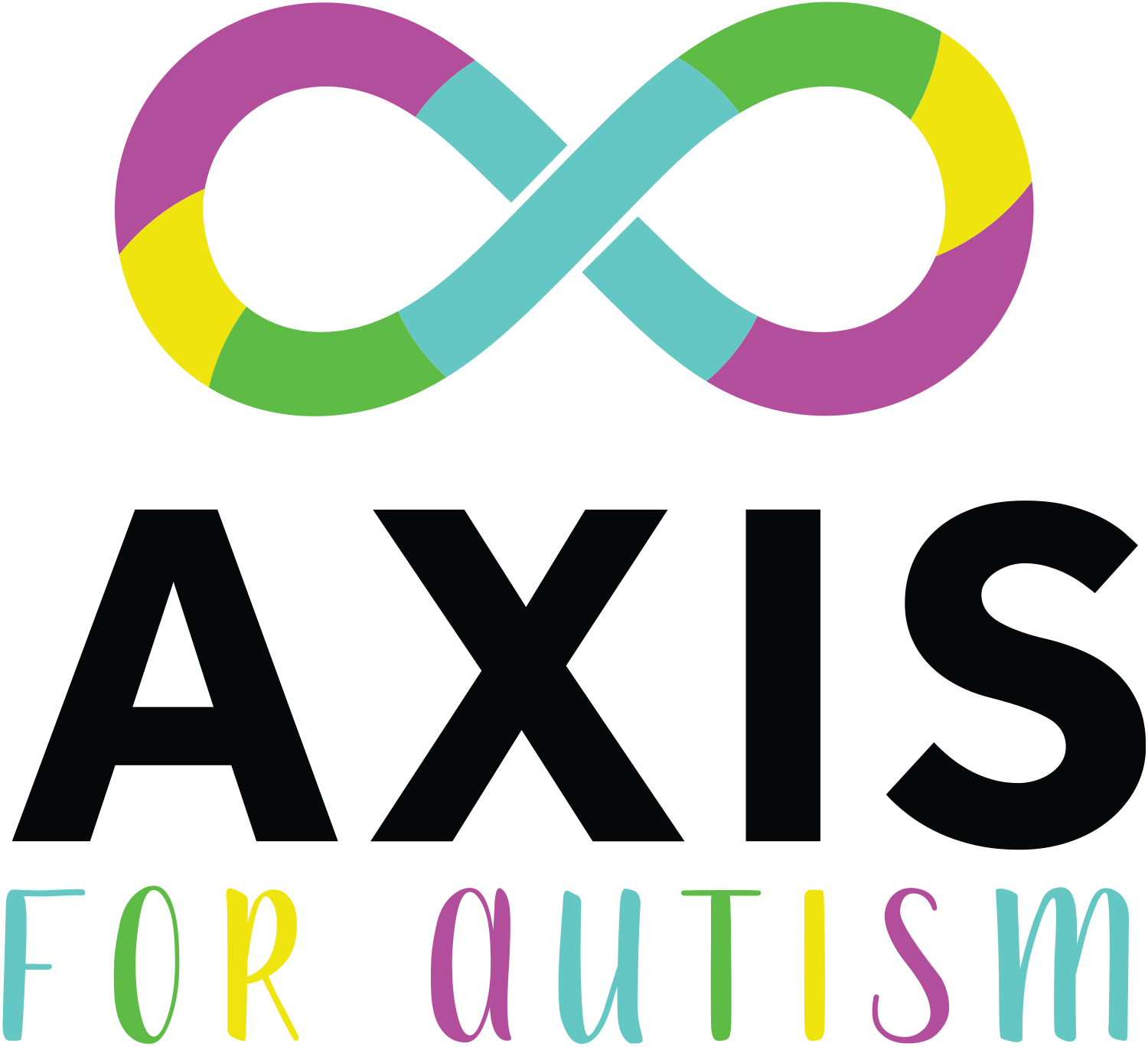Autism Prevalence is Rising: New CDC Data Reveals Why Timely Evaluations are Vital
A new CDC study indicates that more children than ever are being diagnosed with autism in the U.S. Zeroing in on 4-year-old and 8-year-old children across 11 Autism and Developmental Disabilities Monitoring (ADDM) communities, the report shows a significant leap in diagnoses, as well as pandemic-related delays in autism evaluation and care.
While a spike in prevalence may seem like cause for concern, it’s more likely a reflection of better diagnostic tools and improved access to autism evaluations for youth across all demographics. Even so, access to autism care continues to be a major issue for families nationwide.
Here are a few of our biggest takeaways from the study:
Results by Gender
· Diagnoses among 8-year-old children jumped nearly 41% in the last four years, from 1 in 44 in 2018 to 1 in 36 in 2022.
· The rate of autism in girls was 6.9%. This is a significant finding, as it was the first ADDM report in its 23-year history in which 8-year-old girls diagnosed with autism exceeded 1%.
· The frequency of diagnoses among boys was three and a half times higher than girls—24.2%.
Results by Demographic
The demographic has also shifted significantly, with autism prevalence among Asian, Black and Hispanic children at least 30% higher in 2020 than 2018, and in White children, 14.6% higher. The considerable percentage leap in minority communities may be due to enhanced awareness, screenings and access in recent years among historically underserved groups.
COVID-19’s Impact on Autism Intervention
The study also highlights how the early days of COVID-19 resulted in delayed diagnoses and intervention for many children with autism. For example, a 4-year-old in 2016 was much more likely to receive an evaluation than a 4-year-old in 2020.
Now that in-person autism services are standard once again, a much wider range of children can receive early evaluations.
Axis for Autism’s Timely Evaluations
Still, serious barriers exist for families seeking autism evaluations—such as yearlong wait lists, critical provider shortages and "diagnoses” that don’t meet the necessary criteria or qualify individuals for services.
Axis for Autism offers a groundbreaking evaluation model that streamlines diagnoses and cuts wait times to fewer than 60 days. With a large network of licensed clinical psychologists who specialize in autism, they deliver gold-standard evaluations, provide families with a clear course of action, offer interventions like applied behavior analysis (ABA) and support families along their journey.
If you believe your loved one may have autism, contact Axis for Autism to schedule a screening today.

